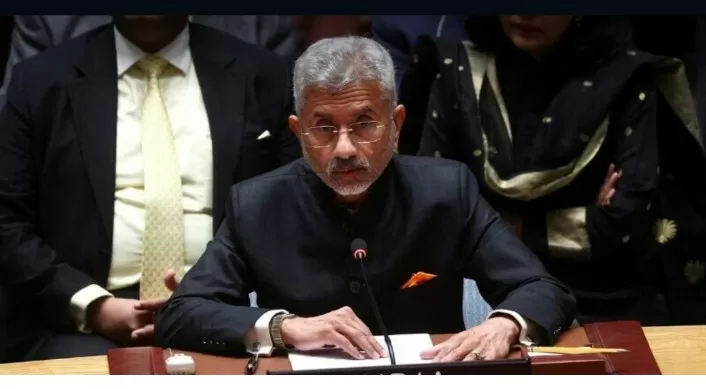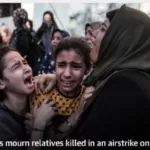Tensions between India and Canada have reached a challenging juncture, characterized by what India has deemed as “continued interference” by Canadian officials in its domestic affairs. The discord escalated when Canadian Prime Minister Justin Trudeau made insinuations last month about potential Indian involvement in the murder of a Sikh separatist leader in British Columbia, a claim vehemently denied by India.
Addressing the issue, India’s Minister of External Affairs, S. Jaishankar, acknowledged the complexity of the current relationship, pinpointing the source of the problems as being rooted in specific segments of Canadian politics and the policies emanating from that sphere. He made these remarks at a public event, shedding light on the underlying discontent.
The diplomatic discord took a tangible form when Canada was compelled to withdraw 41 of its diplomats from India. This decision came as a response to New Delhi’s unilateral revocation of their official diplomatic status.
In retort, Prime Minister Trudeau expressed concern that the Indian government’s actions were affecting the day-to-day lives of millions in both countries. India’s stance, however, remains grounded in its invocation of diplomatic parity under the Vienna Convention. As Jaishankar stated, this move was a result of India’s growing apprehensions regarding persistent interference by Canadian personnel in its internal matters.
While India has maintained a degree of discretion about the nature and extent of this interference, it appears that more details may emerge over time to elucidate the reasons behind India’s discontent with certain Canadian officials.
Canada’s Foreign Minister, Melanie Joly, countered India’s position by labeling it as unreasonable and unprecedented, arguing that it clearly violated the Vienna Convention on diplomatic relations.
Adding another layer to the discord, India recently halted the issuance of visas for Canadian personnel, citing concerns over the safety and security of its diplomats in their daily work. The resumption of visa issuance hinges on improvements in the safety conditions for Indian diplomats stationed in Canada.
The complex relationship between the two nations is further complicated by the significant Indian diaspora in Canada, constituting approximately 5% of the country’s population. Moreover, India represents the largest source of international students in Canada, accounting for a substantial 40% of study permit holders.
As the diplomatic tensions persist, the nuanced intricacies of this international dispute continue to evolve.







